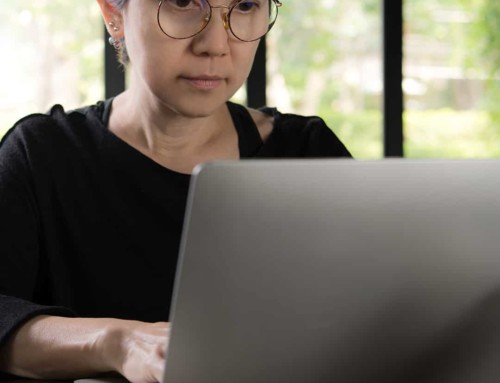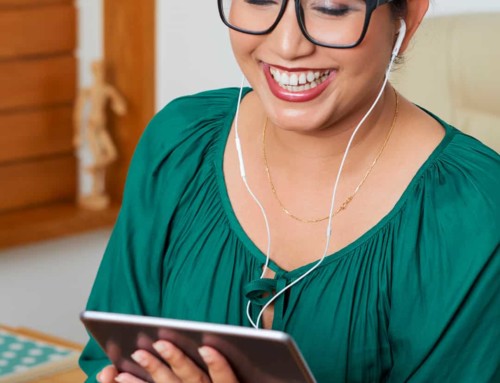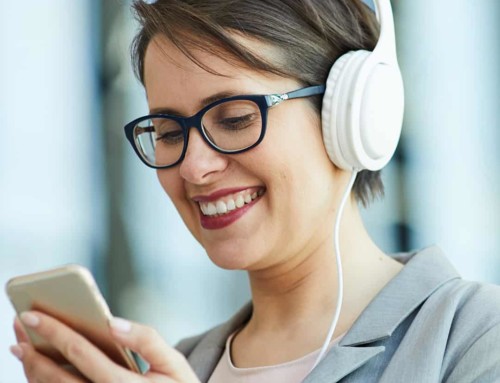
Submitted by Valerie Lingeman, PCC, WeCoach: Student2Student
Coaching provided to high school and college students
In April 2020, two brothers, one then a high school junior and the other a college student, found themselves lamenting how hard the pandemic lockdown was hitting them and their friends who are teens and young adults. They considered how they might help youth like themselves navigate this trying period.
Their mother, Betsy Quint-Moran, a recent graduate of George Mason University’s Leadership Coaching for Organizational Well-Being program, had been chatting with her coaching cohort about how, as new coaches, they might do something to collectively help others during the pandemic. Serendipitously, Dana Karp, PCC, a peer coaching friend, suggested Betsy attend a Global Virtual Peer Learning Summit the next day to get some ideas for a youth coaching program. The goal of the summit was to share the power of peer learning and encourage participants to form their own circles, cascading the model to benefit more people.
Betsy’s experience at the summit sparked an idea: What if, instead of trying to coach teens and young adults one-on-one, she could bring the peer learning circle concept to youth? She floated the idea by one of the summit organizers and evangelists, Chuck Appleby, who connected Betsy with colleague Valerie Lingeman, PCC, who had also expressed interest in working with youth.
A fruitful collaboration resulted. Betsy, Valerie and her sons, Camillo and Adriano, partnered with a local nonprofit organization, the Safe Community Coalition, to pilot WeCoach:Student2Student, a peer learning circle program for high school and college youth to help them weather the stress and isolation of the pandemic with resilience and connection. WeCoach’s vision was to develop a peers-leading-peers model where students helped each other with everyday issues using a structured group coaching process.
WeCoach created opportunities for young adults to build relationships, develop leadership skills and receive help and support from other young adults during COVID-19.
Broadly, the kinds of issues that came up in the circles included concerns about school, work, identity and family issues, motivation, time management, feeling isolated during quarantine and stress and negativity toward online school. Youth participants reported that their circle experience helped them:
- build problem-solving skills
- expand their networks of trusted relationships with both peers and adult mentor/coaches
- reduce boredom and isolation
- increase focus and motivation
- grow as leaders
- become comfortable facilitating groups
- grow their self-confidence
Three of the four circles elected to continue meeting monthly following the pilot. One group is exploring the idea of doing an outdoor walking circle.
About half of the pilot participants expressed interest in helping grow WeCoach so it can reach a greater number of students. One circle leader, a sophomore in high school, is hoping to “be a circle leader for the rest of her high school career.”
With the SCC’s ongoing support, organizers plan to convene WeCoach community members to explore how we might evolve the program. We are considering expanding WeCoach to support more youth, and/or spread the WeCoach model to other youth development organizations, schools and communities, keeping with our peers-leading-peers model. One thought is to partner respectfully with under-served communities, forming youth-led circles that span diverse groups of people and help dissolve social boundaries.
Here are a few testimonial videos from this initiative:
Circle Leader: https://www.youtube.com/watch?v=cQggmLToS3A&feature=youtu.be
Youth Organizer: https://www.youtube.com/watch?v=yYR8pX_mukI&feature=youtu.be
Parent of a Circle Leader: https://www.youtube.com/watch?v=SyI5xgVhw7I&feature=youtu.be






[…] Resilience and Connection […]